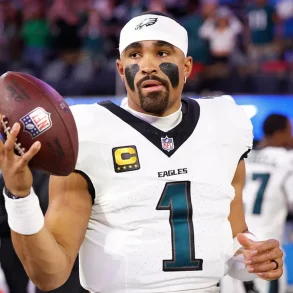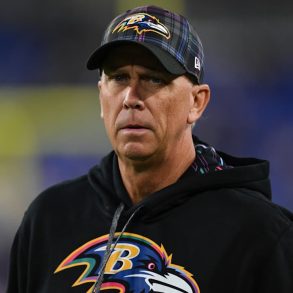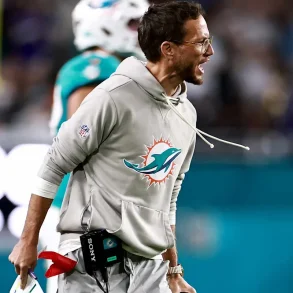The Cincinnati Bengals are the only NFL team yet to sign their 2025 first-round draft pick, Shemar Stewart. With rookies reporting to training camp on July 19 and veterans on July 22, the delay isn’t over financial terms.
Under the NFL’s rookie wage scale, Stewart is set to receive a fully guaranteed four-year, $18.97 million contract, including a $10.4 million signing bonus. The hold-up stems from disagreements over specific contract language related to voiding guarantees, not the money itself.
At issue is the default clause language that would allow the Bengals to void Stewart’s contract guarantees if he breaches the agreement.
Cincinnati wants to revise the language to clarify that any breach triggers a total voiding of all future guarantees, a stricter stance than what was agreed upon with their 2024 first-round pick, Amarius Mims. Stewart’s representatives prefer the previous, more limited language that doesn’t broadly void all guarantees.
Bengals Push Precedent in Rare Rookie Contract Dispute, Despite Internal Inconsistencies Emerging
Disputes over rookie contract language are rare. A notable past example occurred in 2018 with Roquan Smith and the Chicago Bears, where the argument was over suspension-related voids. Ultimately, the two sides reached a compromise. Similarly, the Stewart situation stands out in today’s NFL, where most rookie deals are handled smoothly under the wage scale and structured contract templates.

The Bengals are seeking to apply default language that would void guarantees across seven different parts of Stewart’s contract — including base salaries and training camp roster bonuses — if he defaults for any reason. This includes conduct-related suspensions, public comments undermining the team, or other breaches. Such wide-ranging language is not universally standard, though some teams use it. The Bengals want to make it a precedent.
There is no league-wide standard for default language, with each team applying its own interpretation. For example, the Cowboys include substance-abuse-related voids, while the Falcons omit clauses on public comments. The Bengals’ push for sweeping default terms clashes with their recent contracts for stars like Ja’Marr Chase and Tee Higgins, which do not contain the proposed changes. This inconsistency weakens their argument for a new standard with Stewart.
Bengals’ Standoff with Stewart and Hendrickson Risks Player Relations and Roster Stability
The situation is complicated further by the Bengals’ ongoing standoff with veteran edge rusher Trey Hendrickson, who is seeking a pay raise. Stewart was drafted to replace Sam Hubbard, who retired, making his training camp participation critical. However, Stewart skipped all offseason workouts due to concerns over injury protection without a signed deal. His continued absence could hamper his early development and readiness.
The Bengals are being criticized for trying to enforce stricter terms without offering anything in return. One potential compromise would be to adjust Stewart’s signing bonus payment schedule favorably. Previous first-rounders like Ja’Marr Chase received more than half their bonus up front. Offering a similar or better deal to Stewart could serve as a fair exchange for the more aggressive contract language the Bengals are requesting.
The Bengals’ rigid approach could backfire. Comparisons are being made to Joey Bosa’s extended 2016 contract standoff with the Chargers, which lasted 31 days due to similar contract-related disputes. While it’s unlikely Stewart’s situation lasts as long, the Bengals’ stance risks damaging long-term relationships. If they persist with a hardline attitude, Stewart’s camp could exploit loopholes or delay further, potentially affecting future negotiations with other players.







